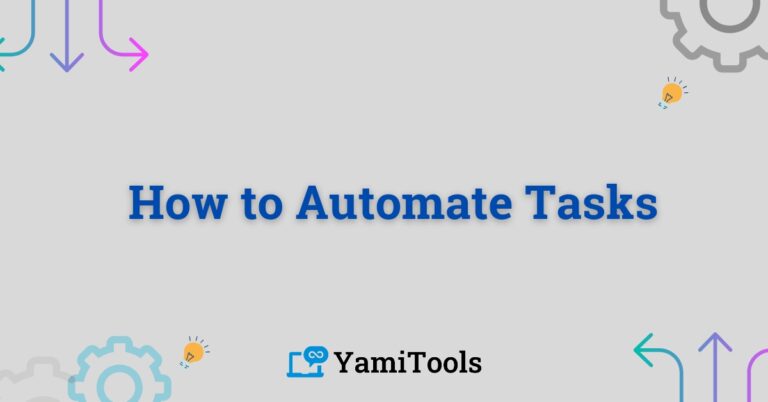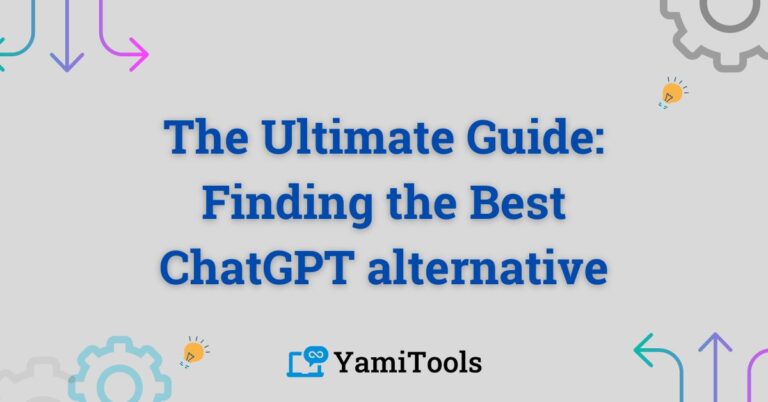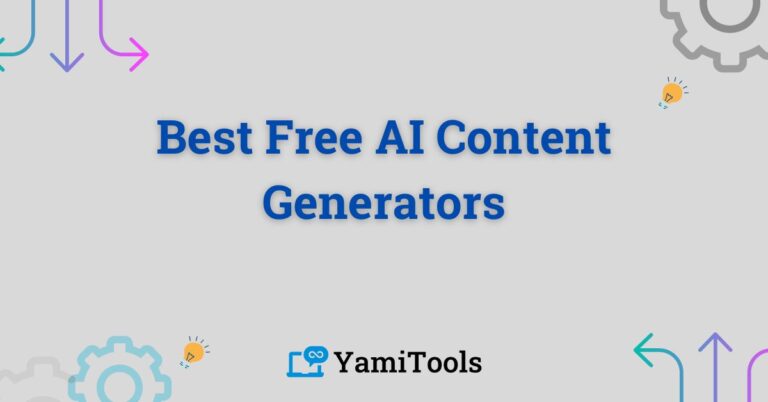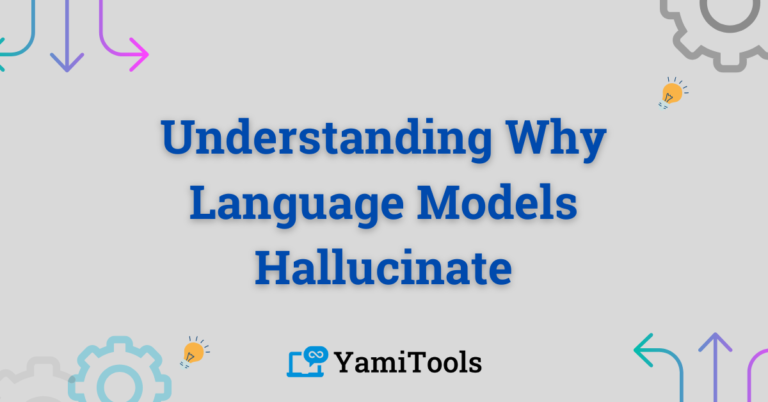In recent years, the integration of artificial intelligence (AI) into search engine optimization (SEO) has fundamentally reshaped the digital marketing landscape.
As algorithms become increasingly sophisticated, understanding the implications of AI on SEO is crucial for marketers, businesses, and content creators seeking to improve their online visibility.
This article delves into the transformative effects of AI in SEO, highlighting key areas of change and offering actionable insights for leveraging these advancements.
The Rise of AI-Powered Algorithms
Search engines like Google have long used algorithms to determine the relevance and ranking of web pages. However, with advancements in AI technologies, these algorithms have evolved into highly intelligent systems capable of understanding context, user intent, and semantic relationships.
Example: Google’s BERT Update
One of the most significant milestones in this evolution was the introduction of Google’s BERT (Bidirectional Encoder Representations from Transformers) update. Launched in late 2019, BERT allows the search engine to better comprehend the nuances of natural language. This means that queries are interpreted with greater accuracy, enabling Google to deliver more relevant search results. Consequently, marketers must now focus more on creating high-quality content that genuinely addresses user queries rather than simply optimizing for specific keywords.
Enhanced Keyword Research and Content Optimization
AI tools have revolutionized the way marketers conduct keyword research and optimize content. Traditional methods of keyword analysis can be time-consuming and often yield limited insights. AI-driven tools, however, can analyze vast amounts of data to identify trending topics, related keywords, and search intent.
Actionable Insights:
- Utilize AI Tools: Invest in AI-powered tools like SEMrush, Ahrefs, or Moz to gain comprehensive insights into keyword performance, competition, and user behavior.
- Focus on Semantic Search: Create content that addresses topics broadly rather than fixating on individual keywords. This not only enhances user experience but also aligns with search engines’ shifting focus toward semantic understanding.
Personalized User Experience
AI enables a more tailored user experience through predictive analytics, which can inform content strategy and improve engagement. By analyzing user behavior, preferences, and demographics, businesses can create content that resonates more deeply with their target audience.
Example: Netflix’s Recommendation System
Netflix effectively employs AI to personalize its interface based on user behavior. By analyzing viewing patterns, the platform recommends content that aligns closely with individual preferences, ultimately resulting in higher user engagement. Similarly, brands can leverage AI to analyze website visitor data and tailor content recommendations, thereby enhancing user retention and satisfaction.
Voice Search Optimization
With the proliferation of voice-activated devices such as Amazon Echo and Google Home, optimizing for voice search has become increasingly important. Voice search queries tend to be longer and more conversational, necessitating a shift in content strategy.
Actionable Insights:
- Optimize for Natural Language: Ensure that your content answers common questions and conversational queries. This may involve using FAQ sections or structured data markup to provide clear answers.
- Focus on Local SEO: Many voice searches are location-based. Optimize your content and website for local SEO to capture this growing segment of search traffic.
The Future of AI in SEO
As AI technology continues to develop, its impact on SEO will only deepen. The ability to analyze data at scale and derive actionable insights will empower marketers to refine their strategies further. Furthermore, AI-driven automation tools will streamline various aspects of SEO, from content creation to performance analysis.
Actionable Steps for Marketers:
- Stay Informed: Regularly follow industry news and updates on AI in SEO to remain ahead of the curve.
- Experiment with AI Solutions: Consider adopting emerging AI tools tailored for SEO tasks, such as content generation, link building, and analytics.
- Focus on E-A-T: Emphasize Expertise, Authoritativeness, and Trustworthiness (E-A-T) in your content to enhance credibility, particularly as AI algorithms increasingly prioritize high-quality content.
Conclusion
The convergence of AI and SEO represents a paradigm shift in how businesses approach digital marketing. By embracing these advancements and adapting strategies accordingly, organizations can not only improve their search engine rankings but also foster deeper connections with their audiences. As we move forward, the synergy between AI and SEO will continue to redefine the digital landscape, making it imperative for marketers to evolve in tandem with these technological advancements.







